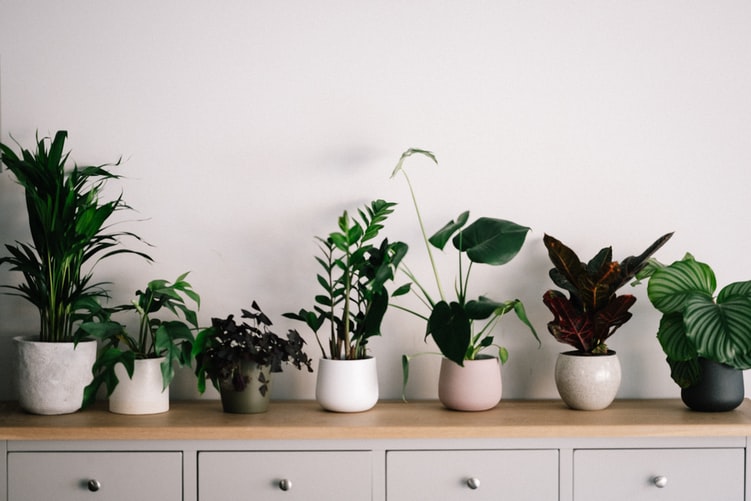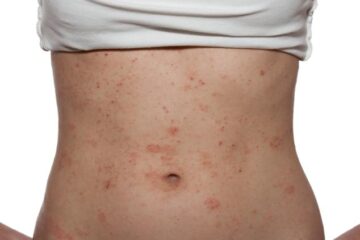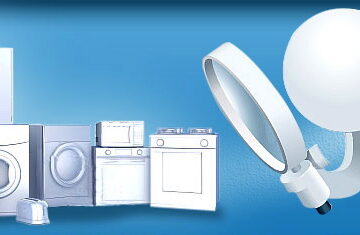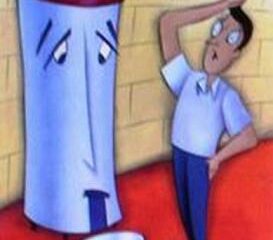What Does Hard Water Do to House Plants?

Most of the taps in homes and neighborhoods in the US run hard water, to some greater or lesser degree of hardness. Hard water is defined as when water carries an excess of chalky or metallic minerals such as calcium, magnesium, and iron rust. These particles make the water heavier while also causing some very distinctive symptoms around the house, including in house plants.
The first thing that hard water does is leave “scale”, a white chalky residue everywhere that is left behind when hard water evaporates. It also tends to leave your hands, hair, and everything else feeling extremely dry. Hard water minerals can clog your pores and leave spots on glasses in the dishwasher. But what about your house plants and even the plants you water outdoors with the hose? Your plants react even more strongly to local water hardness than you do. Plants need the right balance of moisture and nutrients or they will suffer poor health.
Today, we’re focusing on what watering your plants with hard water does to our favorite green, potted life forms.
Scale Covers the Leaves of House Plants
Scale that hard water leaves all over your bathtub, sink, and drinking glasses is also left on plants. The watering can approaches, getting both the leaves and soil wet for maximum absorption. It also leaves a chalky residue on the outside of the plant where the water was absorbed – but the chalky minerals will not.
When scale covers the leaves, they have a harder time collecting sunlight. This can damage the entire function and life of the plant.
Calcium Carbonate Coats the Soil and Roots
Calcium is a major part of hard water scale. While you might think to avoid scale on the leaves by just watering the soil, this has its own problems. When hard water is soaked up by soil or by the roots of a plant, it leaves its scale behind. This creates a buildup of calcium carbonate. It exists not just in the soil, but coating and possibly choking off the roots, as well. Plants’ ability to gather nutrients from the soil can be compromised. You can balance this mineral in the soil with alternate soil and fertilizer tricks, but it’s better to use distilled, softened, and/or filtered water.
Chemicals Change Leaf and Blossom Colors
In fact, some plants respond profoundly to the environmental changes brought on by hard water. Color-varied flowers like roses and chrysanthemums may also be affected by your home’s hard water. If you start to see unexpected changes, this can be an early sign that the hard water is causing your plant to suffer from minor malnutrition.
Hard Water Over-Charges Existing Fertilizer
Many fertilizers are charged up with salts that plants enjoy. Hard water and some types of softened water (salt as a medium) can both result in additional deposits of salt into the soil. It is absolutely possible to give a plant too much food and water. The wrong balance of nutrients in the soil, even nutrients good for plants, could cause a change in growth pattern and overall health of the plant. Do not allow hard water salts to mix with soil unless you know exactly what you are doing with soil composition.
Chlorine from Tap Water
Finally, there is the risk of chlorine being in your tap water because it comes from the city water supply. Almost all local water treatment plants insert some chlorine into the water to prevent parasite growth. While this is a smart medical practice, you don’t have to treat your plants to chlorine-rich watering.
A house water filtration, water softener, or water purification system could solve all of these problems and many more. Contact us today to learn more about water softeners and how they can help your household, your kitchen, and even your house plants.



